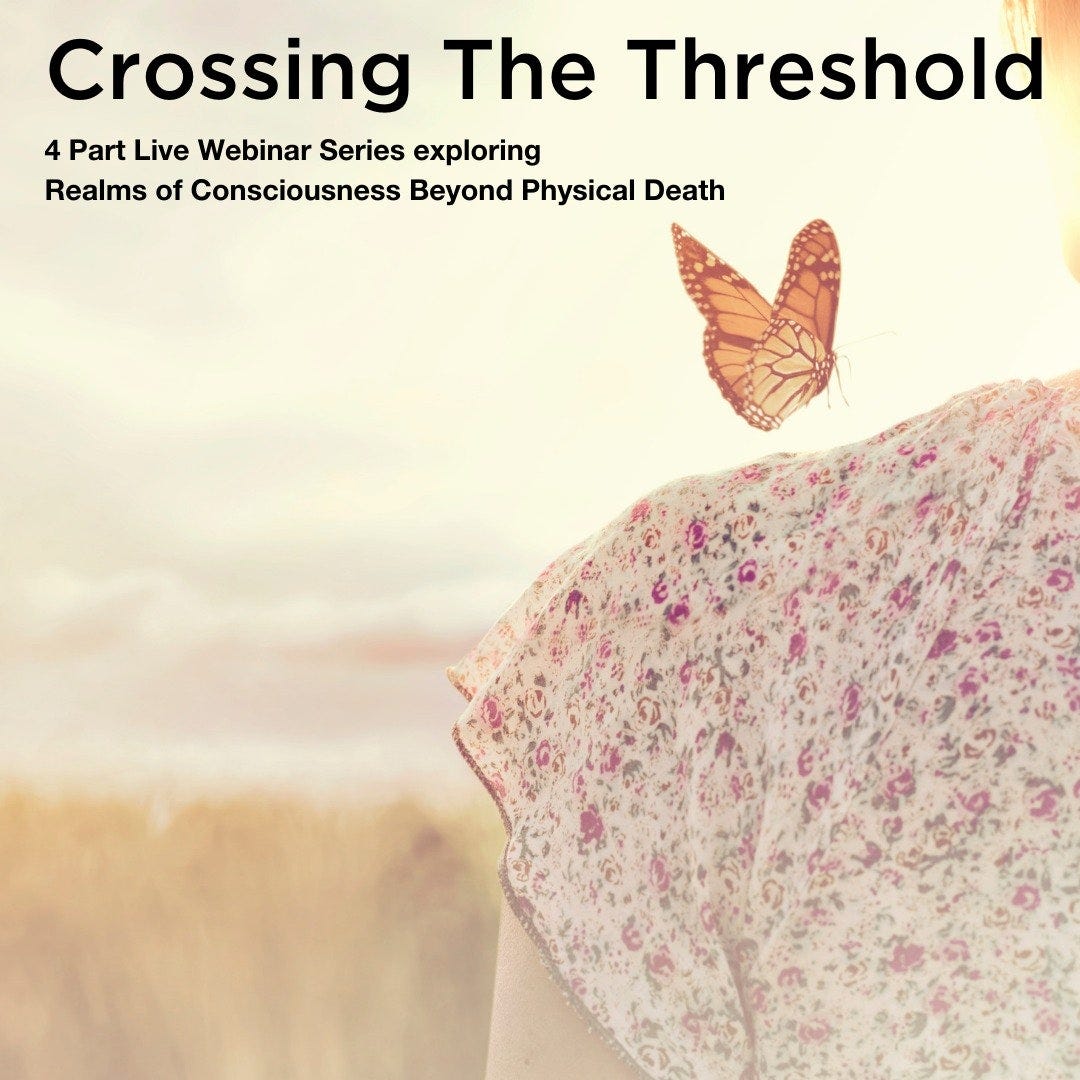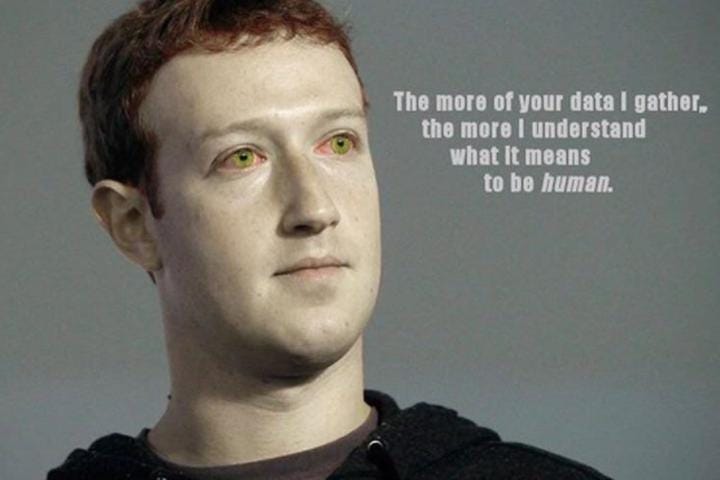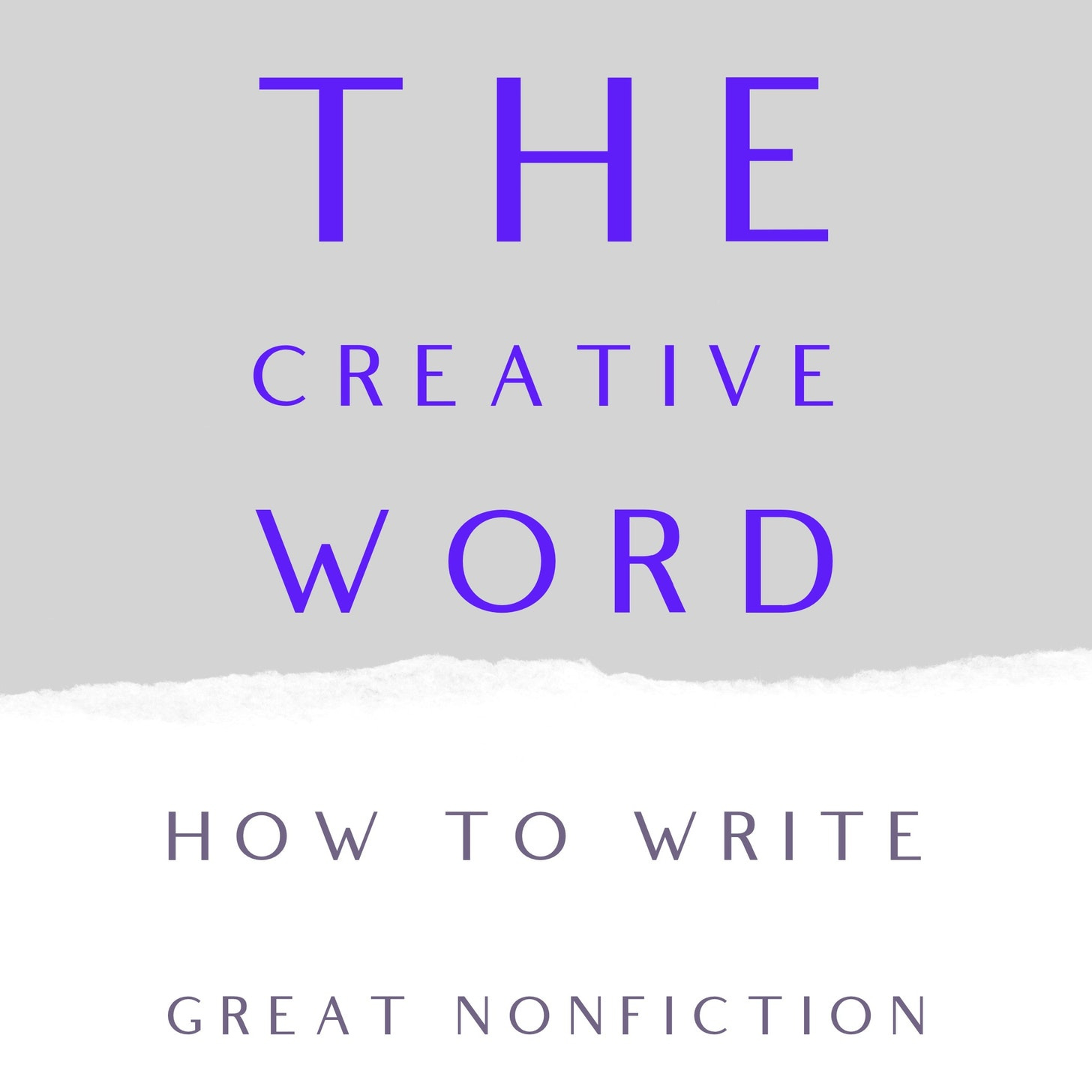Criminal Pathologies of Late Stage Capitalism
From Capitalist Realism to Anarchist Idealism, Part Four
This is Part Four of an ongoing essay. If you want to read it from the start, here are links to Part One, Part Two, and Part Three. See info about new courses at the bottom. A new month-long writing workshop starts next Weds.
Cognitive Capitalism and its Discontents
The internal contradictions of capitalism could force a transition to a different type of economic system sooner than we might expect. After all, in the last 18 months, global society made rapid changes as a result of the Covid pandemic. These changes — including lengthy unemployment payouts, rent moratoriums, accelerated vaccine development, and lockdowns of whole countries lasting for months — were difficult to imagine before the crisis hit. The crisis revealed what Buckminster Fuller understood back in the 1960s: “Under lethal emergencies vast new magnitudes of wealth come mysteriously into effective operation.” In an emergency, what was previously impossible becomes first feasible and then it gets done.
The block that prevents post-industrial civilization from addressing the ecological emergency — despite increasingly desperate warnings, international pacts, and mountains of evidence — starkly reveals the contradictions of our current system. Capitalism is based on incredible levels of cooperation, on worldwide communications networks and supply chains that produce and deliver goods and services. Yet capitalism imposes separation between the rights and freedoms of the individual and the interests of the collective. The individual has the right to accumulate any amount of private capital, the right to consume as much as they want, the right to travel anywhere in the world that will have them. Corporations, with the legal status of persons, have the right to pollute, extract and exploit local communities and ecosystems as they scavenge for profit.
The problem is, to confront the ecological emergency and stave off destruction, we need to limit or even revoke some of these rights. There is no mechanism intrinsic to the current system that makes it possible to do this, because the system is built on these rights and freedoms. There is also, I think, an implicit social agreement between liberal governments and their citizens that there will be progress — some kind of social or technological progress — over time.
A global project requiring hard limits on personal consumption and travel for an indefinite period of time is going to be a very hard sell. It breaks the ideological spell of progress and confronts us with the reality of limitation.
Another problem is that the requirements of capitalist accumulation engender a particular kind of psychology in those who seek to win the game. The daily news is full of examples of this — a type of criminal amorality that goes beyond simple greed. I write this just after Frances Haugen, the Facebook whistleblower, went before Congress to explain how Mark Zuckerberg (currently worth $120 billion, owning 55% of Facebook stock) has fixated on “metrics,” rapid growth, and stratospheric profit at great cost to society. “Facebook should declare moral bankruptcy,” said Haugen.
Facebook pushes to maximize and amplify engagement, despite the increasingly obvious destructive social costs of these practices, both here and abroad.
Internally, Zuckerberg and Facebook’s executive team know that their practices cause an epidemic of depression in children and teenagers, leading to eating disorders and many suicides. They also know that authoritarian governments and terrorist organizations weaponize Facebook’s “engagement-based ranking” to turn people into fanatics. This has resulted in ethnic cleansings and genocides in some regions. Yet they keep doing it — just as the Sackler family knew that their synthetic opioids caused an onslaught of addictions, ruining lives and tearing apart families and communities. The word that comes to mind to characterize this type of behavior is “evil.”
Haugen’s testimony may prove to be a watershed moment in the evolution of “cognitive capitalism.” Cognitive capitalism is defined as a new form of 21st Century capitalism based on the accumulation of 'immaterial capital’ — knowledge rather than stuff — and the capture of attention. Facebook is an interesting case, as Zuckerberg remains the majority shareholder and is therefore singularly responsible for the company’s direction. One wonders if Zuckerberg’s awareness that Facebook’s practices led to a measurable increase in teen suicides constitute a form of criminal negligence that could be pursued legally. Not to digress too much, but a case could be made that, instead of being broken up into smaller companies as Alexandria Ocasio-Cortez wants, Facebook could be nationalized and turned into something like a public utility, operating for the common good.
Your paid subscription supports my work and allows me to do new things.
The kind of criminal amorality evidenced by Facebook is “not a bug, but a feature” of our current form of capitalism, and it is endemic to the system. Another set of current headlines focus on the Pandora Papers, a "treasure trove” of 12 million documents revealing how the super-wealthy, including many former Presidents, have hid their wealth in a global network of tax havens. While this practice is not technically illegal, it is clearly amoral and amounts to a fleecing of society on a massive scale. Estimates on how much money is hidden in this way range from $5 to $32 trillion.
It should be common knowledge, at this point, that the source code of our global economic system has been thoroughly corrupted by a parasitic class of elite financial speculators and bankers over a number of decades. This tendency became turbo-charged once the US went off the gold standard in the 1970s, and the main engine of economic growth switched from the production of material goods to an economy based on “financialization,” involving things like “junk bonds,” hedge funds, and the Collateralized Debt Obligations (CDOs) that brought about the 2008 crash of the financial system.
I presented some evidence for the self-aware criminal pathology of the elite class of financial speculators and bankers in How Soon Is Now:
Whoever controls the money system and the money supply controls the world. In January 2012, Kevin Roose, a reporter for the New York Times, managed to sneak into an annual dinner of a Wall Street secret society called Kappa Beta Phi, held at the St Regis Hotel. The 250-person party featured a ‘Who’s Who’ of Wall Street plutocrats, including the CEOs of Citigroup and the Blackstone Group.
In a series of skits and comedy routines, the financial bigwigs mocked the poor as well as liberals, lampooning the system which rewards them. They changed the lyrics of ‘I Believe’ from The Book of Mormon, singing, ‘I believe my plan involves a seven-figure bonus.’ ABBA’s ‘Dancing Queen’ became ‘Bailout King’.”
Roose was astonished. ‘Here, after all, was a group that included many of the executives whose firms had collectively wrecked the global economy in 2008 and 2009. And they were laughing off the entire disaster in private, as if it were a long-forgotten lark.’
A major problem we confront in engineering the necessary transformation of our current political-economic system is that the people who currently run the show tend to be greedy and self-serving. Postmodern capitalism fosters winner-take-all competition and treats social and environmental costs as meaningless externalities. It self-selects its leadership from sociopathic character types. Given this system, those who seek to maximize self-interest in any circumstance, with no moral qualms or compunctions, naturally rise to the top.
Three million people in the US lost their homes as a result of the 2008 crash. In some sense, as economist Richard Wolff has noted, the inflated bonuses of these financial speculators were a direct result of those forfeited assets.
Why not let other people know what you are reading and thinking about?
When one understands all of this, it leads to deeper inquiries. As a thought experiment, ask yourself: What would happen if “the people” not only realized (as many, in fact, already do) that an elite speculator class made up of a tiny coterie of individuals controls the levers of the financial system for their own benefit, but also found a way to work together to reinvent this system? How would we deal with the current assets of the amoral profiteers?
As we will discuss in the next installment of this series, money is, in itself, a kind of belief system, a collective agreement (the political philosopher Antonio Negri defines capital, accurately, as a “social relation). In dire emergencies, our shared agreements can change quickly.
More to come soon!








